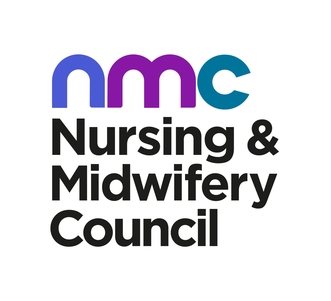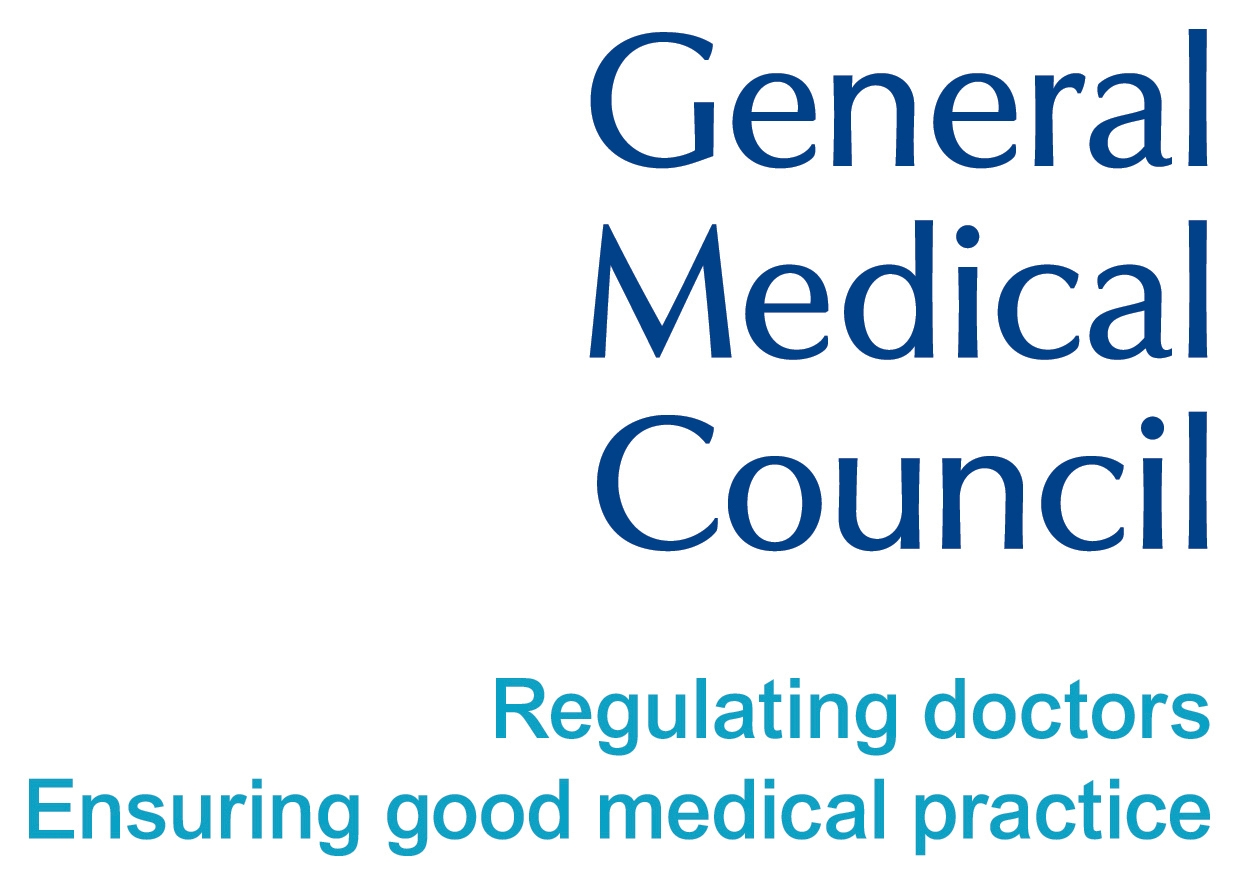Private Health
Screening Packages.
Comprehensive health screening from £219. Choose from our clinically validated packages—each analysed by our expert nursing team with detailed written reports.
What are you looking for?
Basic Full Body MOT
Essential clinical baseline. Perfect for annual vitals and core organ function monitoring.
Scientific Registry
- Baseline Clinical Vitals (BMI, Questionnaire & Vitals)
- Core Organ Function
- Lipid & Glucose Profile
- Full Blood Count: FBC, ESR
- Kidney Function: Sodium, Potassium, Chloride, Bicarbonate, Urea, Creatinine, eGFR
- Liver Function: Bilirubin, Alkaline Phosphatase, AST, ALT, Gamma GT, Total Protein, Albumin, Globulin
- Bone Markers: Calcium, Phosphate, Uric Acid, Magnesium
Clinic Enhancements
Advanced Full Body MOT
Strategic upgrade. Adds deep-dive Vitamin (D, B12, Folate) mapping for energy & cognitive performance.
Scientific Registry
- Baseline Clinical Vitals (BMI, Questionnaire & Vitals)
- Full Vitamin Mapping (D, B12, Folate)
- Extended Metabolic Analysis
- Full Blood Count: FBC, ESR
- Kidney Function: Sodium, Potassium, Chloride, Bicarbonate, Urea, Creatinine, eGFR
- Liver Function: Bilirubin, Alkaline Phosphatase, AST, ALT, Gamma GT, Total Protein, Albumin, Globulin
- Bone Markers: Calcium, Phosphate, Uric Acid, Magnesium
Clinic Enhancements
Platinum Full Body MOT – Men
The Gold Standard. Adds critical male-specific cancer (PSA) and cardiac (BNP) risk biomarkers.
Scientific Registry
- Baseline Clinical Vitals (BMI, Questionnaire & Vitals)
- Oncology Markers (PSA)
- Cardiac Stress (BNP)
- Full Vitamin Panel
- Full Blood Count: FBC, ESR
- Kidney Function: Sodium, Potassium, Chloride, Bicarbonate, Urea, Creatinine, eGFR
- Liver Function: Bilirubin, Alkaline Phosphatase, AST, ALT, Gamma GT, Total Protein, Albumin, Globulin
- Bone Markers: Calcium, Phosphate, Uric Acid, Magnesium
Clinic Enhancements
Platinum Full Body MOT – Women
The Gold Standard. Adds critical female-specific cancer (CA-125) and cardiac (BNP) risk biomarkers.
Scientific Registry
- Baseline Clinical Vitals (BMI, Questionnaire & Vitals)
- Oncology Markers (CA-125)
- Cardiac Stress (BNP)
- Full Vitamin Panel
- Full Blood Count: FBC, ESR
- Kidney Function: Sodium, Potassium, Chloride, Bicarbonate, Urea, Creatinine, eGFR
- Liver Function: Bilirubin, Alkaline Phosphatase, AST, ALT, Gamma GT, Total Protein, Albumin, Globulin
- Bone Markers: Calcium, Phosphate, Uric Acid, Magnesium
Clinic Enhancements
Prostate Cancer Risk & Health Screening
High-resolution oncology mapping focusing specifically on the prostate-specific antigen profile.
Scientific Registry
- Baseline Clinical Vitals (BMI, Questionnaire & Vitals)
- Full Blood Count: FBC, ESR
- Kidney Function Tests: Sodium, Potassium, Chloride, Bicarbonate, Urea, Creatinine, eGFR
- Liver Function Tests: Bilirubin, Alkaline Phosphatase, AST, ALT, Gamma GT, Total Protein, Albumin, Globulin
- Bone Markers: Calcium, Phosphate, Uric Acid, Magnesium
Clinic Enhancements
Advanced Prostate Cancer Risk Assessment (Stockholm3)
The global gold standard in prostate screening. Combines protein markers and genetic data for 2x the accuracy of standard PSA tests.
Scientific Registry
- Baseline Clinical Vitals (BMI, Questionnaire & Vitals)
- Prostate Cancer Risk Assessment: Prostate Specific Antigen (PSA), Stockholm3 Prostate Cancer Risk Algorithm, Reflex testing included where PSA > 1.5
Clinic Enhancements
Ovarian Cancer Risk Screening
Advanced HE4 and CA-125 algorithm for high-sensitivity ovarian health assessment.
Scientific Registry
- Baseline Clinical Vitals (BMI, Questionnaire & Vitals)
- Ovarian Cancer Markers: HE4, CA-125, ROMA Algorithm
Testicular Cancer Blood Screening
Comprehensive clinical diagnostic screening protocol.
Scientific Registry
- Baseline Clinical Vitals (BMI, Questionnaire & Vitals)
- Tumour Markers: Alpha-Fetoprotein, Beta-HCG (Oncology), Lactate Dehydrogenase
Bowel Cancer Risk Screening
Non-invasive clinical screening using quantitative Faecal Immunochemical Testing.
Scientific Registry
- Baseline Clinical Vitals (BMI, Questionnaire & Vitals)
- Bowel Cancer Markers: Quantitative Faecal Immunochemical Test (QFIT), Faecal Calprotectin
Advanced Cancer-Aware Health Screening – Men 60+
Our most comprehensive oncology protocol for the maturing male profile.
Scientific Registry
- Baseline Clinical Vitals (BMI, Questionnaire & Vitals)
- Full Blood Count: FBC, ESR
- Kidney Function: Sodium, Potassium, Chloride, Bicarbonate, Urea, Creatinine, eGFR
- Liver Function: Bilirubin, Alkaline Phosphatase, AST, ALT, Gamma GT, Total Protein, Albumin, Globulin
- Bone Markers: Calcium, Phosphate, Uric Acid, Magnesium
Advanced Cancer-Aware Health Screening – Women 60+
Our most comprehensive oncology protocol for the maturing female profile.
Scientific Registry
- Baseline Clinical Vitals (BMI, Questionnaire & Vitals)
- Full Blood Count: FBC, ESR
- Kidney Function: Sodium, Potassium, Chloride, Bicarbonate, Urea, Creatinine, eGFR
- Liver Function: Bilirubin, Alkaline Phosphatase, AST, ALT, Gamma GT, Total Protein, Albumin, Globulin
- Bone Markers: Calcium, Phosphate, Uric Acid, Magnesium
Advanced Cardiovascular Risk Screening
Elite lipid and arterial health analysis including high-sensitivity CRP and Lp-PLA2.
Scientific Registry
- Baseline Clinical Vitals (BMI, Questionnaire & Vitals)
- Lipid Profile: Triglycerides, Total Cholesterol, HDL, LDL (Calculated), Non-HDL Cholesterol
- Advanced Cardiovascular Markers: Apolipoprotein A1, Apolipoprotein B, ApoA/ApoB Ratio, Lipoprotein (a), C-Reactive Protein (High Sensitivity), Lp-PLA2 (PLAC)
Male Hormonal Health Screening
Targeted endocrine mapping for testosterone, SHBG, and peak performance optimisation.
Scientific Registry
- Baseline Clinical Vitals (BMI, Questionnaire & Vitals)
- Hormonal Profile: FSH, Luteinising Hormone (LH), Testosterone, Sex Hormone Binding Globulin (SHBG), Free Androgen Index, Prolactin
Female Hormonal Health Screening
Full cycle and reproductive health mapping including Oestradiol and Prolactin.
Scientific Registry
- Baseline Clinical Vitals (BMI, Questionnaire & Vitals)
- Hormonal Profile: Luteinising Hormone (LH), FSH, Prolactin, Testosterone, Oestradiol-17-Beta, Sex Hormone Binding Globulin (SHBG), Free Androgen Index
Clinic Enhancements
Erectile Dysfunction Blood Screening
Comprehensive clinical diagnostic screening protocol.
Scientific Registry
- Baseline Clinical Vitals (BMI, Questionnaire & Vitals)
- Cardiometabolic & Diabetes Markers: Lipid Profile (Triglycerides, Total Cholesterol, HDL, LDL (Calculated), Non-HDL Cholesterol), Glucose, HbA1c
- Thyroid Function: Free T4, TSH
- Hormonal Profile: Prolactin, Total Testosterone, Free Testosterone, Sex Hormone Binding Globulin (SHBG), Free Androgen Index
- Prostate Health: Prostate Specific Antigen (PSA)
Clinic Enhancements
Diabetes & Kidney Health Screening
Specialised metabolic monitoring for glycaemic control and renal filtration efficiency.
Scientific Registry
- Baseline Clinical Vitals (BMI, Questionnaire & Vitals)
- Diabetes Markers: Glucose, HbA1c, Microalbumin
Osteoporosis Risk Screening
Serum DPD and mineral analysis to quantify bone resorption and density risks.
Scientific Registry
- Baseline Clinical Vitals (BMI, Questionnaire & Vitals)
- Bone Health: Alkaline Phosphatase, Calcium, Albumin, Phosphate, Crosslaps (Serum DPD), Vitamin D (25-OH)
Antenatal Infection & Immunity Screening
Complete 14-parameter immunity and infection screen for pre-conception peace of mind.
Scientific Registry
- Baseline Clinical Vitals (BMI, Questionnaire & Vitals)
- Antenatal Screening: Full Blood Count (FBC), Blood Group and Rh Type, Atypical Antibody Screen, Haemoglobin Electrophoresis, Syphilis IgG/IgM, Glucose, Thyroid Function (Free T4, TSH), Rubella IgG, Toxoplasma IgG/IgM, Cytomegalovirus IgG/IgM, Hepatitis B Surface Antigen, Hepatitis C Antibodies, Varicella Zoster IgG, HIV 1 & 2 Antibodies
Clinic Enhancements
Comprehensive Allergy Screening
Molecular-level ALEX technology covering 300+ individual allergens and components.
Scientific Registry
- Baseline Clinical Vitals (BMI, Questionnaire & Vitals)
- Allergy Panel: ALEX Allergy Panel (300 allergens), 218 molecular allergens, Food allergens, Inhalant allergens, Pollens, Moulds, Animal dander, Mites, Latex, Insect venoms, Total IgE
Not sure which screening is right for you?
Our team is here to help. Call us and we'll help you choose the most appropriate screening based on your age, gender, and health history.
Call 020 7183 3570


